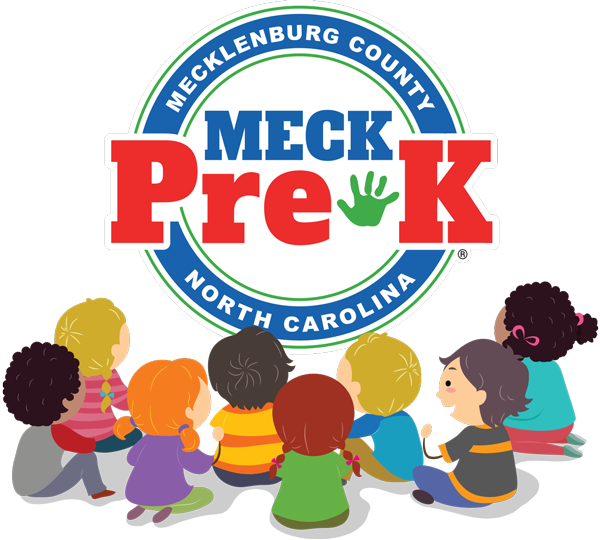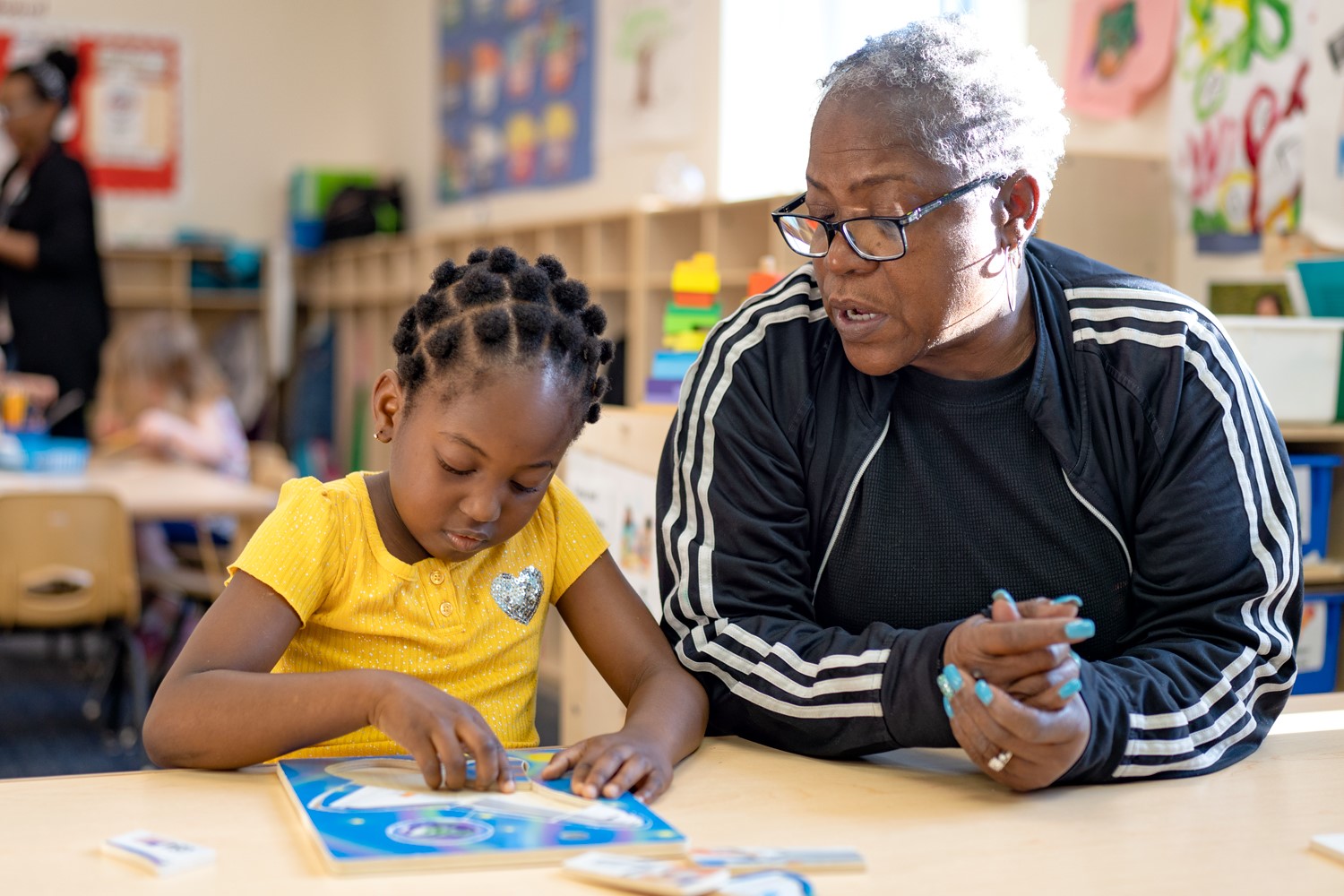How Many Hours Is Pre-K?
Parents in the Charlotte, North Carolina metro area looking to give their children a strong start to their educational journey may be asking themselves, “How many hours is a pre-K day?” Pre-K is an important step in a child’s development, so it is important to understand the hours of pre-K to make an informed decision.
Additionally, parents should have adequate information to make an informed decision about when to send their child to pre-K to ensure the best start in their child’s education. To help your child embark on a lifetime of learning, this article provides everything you need to know about pre-K.
How Long is a Pre-K Day?
So, how many hours does a pre-K day last? Pre-K programs vary, and may have different lengths. While some programs last a half day or about three to four hours, others have full-day options to accommodate children and parents.
For instance, options like MECK Pre-K in Mecklenburg County, NC, offer a 6.5 hours-per-day pre-K program for children. This day includes activities such as teacher-led small groups to work on specific skills, intentionally designed learning centers that children can choose from, outside physical play, snack time, story times, lunch, quiet time and large group learning through songs, word play and games.
This 6.5-hour period covers essential aspects to help your child get excited about learning. From teacher-led activities to social interactions with peers, no time is wasted in the MECK Pre-K day.
The Importance of Pre-K
It is vital to research pre-K programs in your area to find the best option for your child, and remember that not all programs are the same. However, it’s equally important to know the benefits of pre-K in general.
Pre-K is a great way to prepare children for kindergarten and help them develop crucial skills such as language, literacy, basic math, and comprehension. These skills are critical for children to succeed in school and beyond. Additionally, pre-K encourages children to branch out and connect with children outside their families, allowing for crucial social development.
Other benefits of sending your child to a full-day pre-K program include the following:
- Children learn to share.
- Children experience emotional development through socialization.
- Children learn to explore their world.
- Children learn to think independently and develop compassion for their peers.
- Children develop their identity and grow their self-esteem.
What to Know Before You Enroll
Before enrolling your child in a pre-K program, there are a few factors to consider. For instance, understanding the requirements and preparing to enroll your child in a free program like MECK Pre-K is crucial. Below are some considerations for parents:
- Ensure that you meet the age and residency requirements to enroll your child.
- Have documentation to prove your child’s age.
- Have documentation to prove your identity as the parent or legal guardian.
- Ensure that you can afford pre-K, or choose high-quality, free programs like MECK Pre-K.
The Bottom Line
It is clear that pre-K is a valuable experience for young children, and parents should take the time to research hours, programs, and costs for pre-K in their area. Knowing the ins and outs of pre-K can ensure that your child receives the best start to their educational journey and help them develop the skills they need to succeed.

